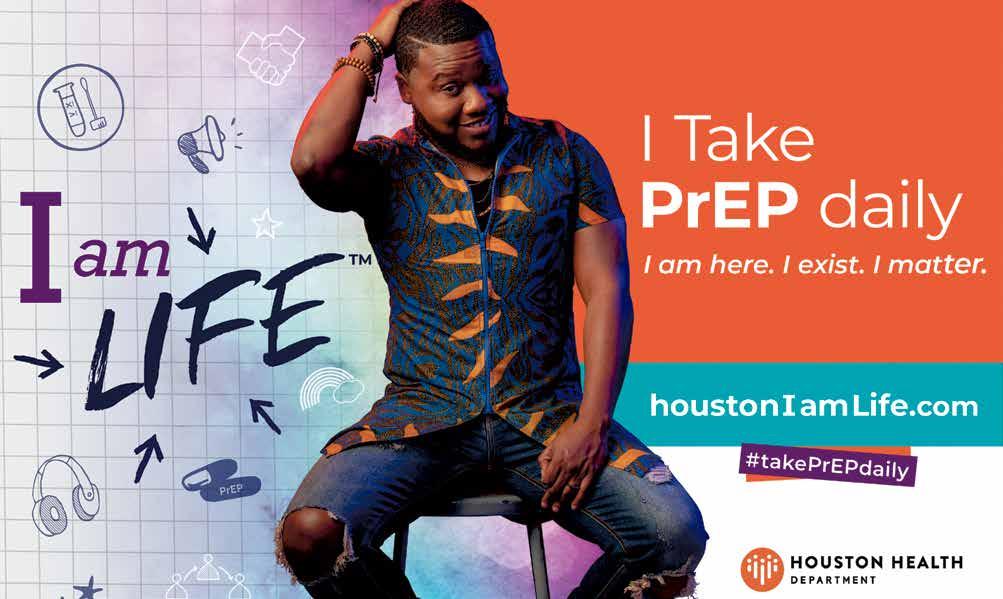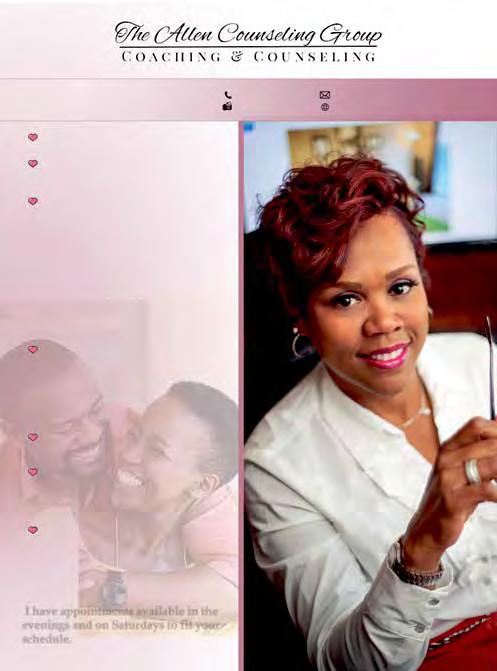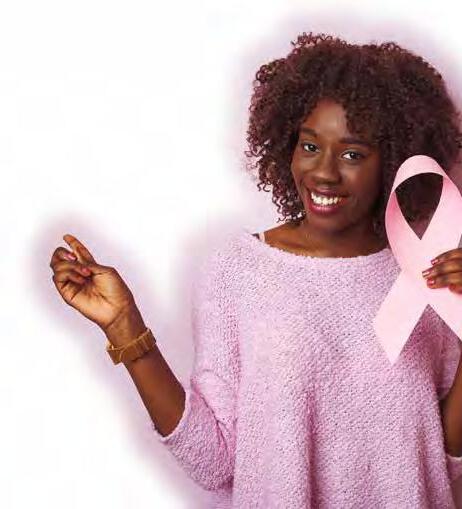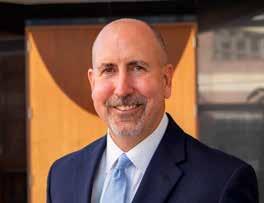









The announcement by the Biden-Harris administration to begin providing booster shots to combat Covid-19 has drawn the ire of the world community.
The World Health Organization (WHO) responded to the announcement that the doses – the third shot for those who received either the Pfizer or Moderna vaccines – were immoral and unconscionable.
talking about booster shots while less than 2 percent of Africa’s population is fully vaccinated?” tweeted Ahmed Ali, a researcher, and advocate of evidence-based policies.
Global data shows that 32 percent of the world’s population has received at least one dose of a Covid-19 vaccine, and 24 percent are fully vaccinated.
Approximately 4.84 billion doses have been administered globally, and 34.95 million are now provided each day.
The data shows that just 1.3 percent of individuals in low-income countries have received at least one dose.
Approximately 163.9 million people – or 49 percent of the U.S. population – are fully vaccinated.
“Some richer countries hoard vaccines,” asserted Dr. Matshidiso Moeti, the regional director of Africa for the WHO. “They make a mockery of vaccine equity,” Dr. Moeti insisted.

U.S. officials countered that while the country plans to administer 100 million booster shots by the end of the year, America will distribute 200 million more vaccines globally.
President Biden noted that America already had shipped abroad 600 million vaccines.
“I know that some world leaders who say America shouldn’t get a third shot until other countries got their first shot. I disagree,” President Biden remarked.
“We can take care of America and help the world at the same time.”
The rise of the delta variant has further necessitated a booster shot, U.S. Surgeon General Dr. Vivek Murthy stated.
“It’s normal for immunity or the protection you get from the vaccine to decrease over time,” Dr. Murthy continued.
“We knew that delta as a variant was different, and it may have impacted the protection we were getting.”
Source: NNPA
The organization said poorer countries – including many in Africa – have little access to vaccines, and America should provide doses to those nations.
“If none of us are safe until all of us are safe, why are we
In the United States, health officials at the Centers for Disease Control and Prevention estimate that 189.9 million people – or 57 percent of the total population – have received at least one dose.
“We’re planning to hand out extra life jackets to people who already have life jackets, while we’re leaving other people to drown without a single life jacket,” Dr. Michael Ryan, the emergencies chief at WHO, remarked.

There are many benefits to counseling other than addressing conflict and crisis. Therapy, in general, is for every individual and occasionally, individuals may need therapy for self-improvement. Whether looking to improve the quality of the relationship at a critical turning point or feeling hopeless, here are the most common reasons/benefits for seeking relationship counseling.

1. Communication - Improved communication can lead to improved intimacy when the couple learns how to speak openly and actively listen to what the other person is saying. By learning new communication skills, you have the opportunity to get out of the “crazy cycle” and restore the intimacy in the relationship.
2. Infidelity - A therapist can provide insight and clarity about the current state of the relationship and how it got to this point. The therapist facilitates the healing journey which requires honesty, transparency, and behavioral changes to restore trust.

3. Premarital - There are many topics that couples need to discuss before marriage such as finances, roles of each partner, future personal and joint goals, family planning, household chores, sex, and family histories.
4. Sex and Intimacy – To improve intimacy, the therapist will help each individual identify their love language and that of their partner so that each can utilize them in their actions together. Understanding and incorporating your partner’s love language has the potential to improve your physical, emotional, spiritual, and sexual relationship with each other.
5. Trust and Trauma - When trust issues exist, so does a wall that makes it challenging to be open and vulnerable with your partner. Therapy can help you identify the origins of the trust/ trauma issues that are impacting the relationship with your partner.
6. Outside Factors – Outside factors can include but are not limited to in-laws, friends, separate hobbies, job stressors, and even children.
7. Step-Parenting & Co-parenting –Depending on the level of recovery

from the past relationships, it can be helpful to bring both families together for the therapist to support and guide everyone through the change. The therapist serves as a neutral party to help make a smooth transition so that all parties are on the same page for the sake of the children.
8. Navigating Life Decision - Deciding where to live, job change, expanding the family, returning to school, etc., are decisions that impact both parties. The therapist will help identify the concerns and needs of both parties and help the couple make decisions that are in the best interest of the relationship.
9. Divorce – While divorce can feel like a failure, parting ways amicably and working together as co-parents can turn out to be successful with the right skills and tools. You can also learn how to discuss things with your children and family.
Deciding to start therapy can be difficult. However, scheduling the first appointment shows commitment to improving the relationship and yourself. You don’t have to be in crisis for marriage counseling to feel beneficial, and you will ultimately gain more tools and skills to use in your relationship.
My goal as a therapist is to work with individuals and couples to help bridge the gaps in your interpersonal development that subsequently affects your relationships.
For more information about me and my services, please visit my website at www. AllenCounselingGroup.com. You can also reach me by email at Tami@AllenCounselingGroup.com or by phone at (713) 597-4499.
Like and follow the Allen Counseling Group on social media:

FB: @AllenCounseling2017
IG: @AllenCounselingGroup
Twitter: @CounselingAllen
Source: goodtherapy.org

Health equity means that everyone has a fair and just opportunity to be as healthy as possible. Yet, according to a recently released report, Black women in the United States face a perfect storm of issues spanning across every aspect of the healthcare system and society at-large that are causing them to die about 40% more often from breast cancer than white women. Indeed, in some metropolitan areas, the gap can be as high as 74%
Why is this happening? As the report, “Closing the Breast Cancer Gap: A Roadmap to Save Lives of Black Women in America,” by breast cancer lead-

er Susan G. Komen highlights, despite advances in science and increased access to early detection nationally, Black women face the combined effects of racial, gender, ethnic and other forms of bias while navigating systems and institutional structures in which entrenched inequities remain the status quo. This experience is felt by Black women nationwide, regardless of their income, education or insurance status.
For example, one Black health care professional who participated in a focus group for the report noted that her own experience is poor when she goes for treatment without her “white coat.” “I was ignored until the doctor came into the room and started asking me very specific questions. The way I answered made the doctor stop and ask my background. I asked, ‘why does it matter?’ She said, ‘Do you work in the health care field?’ I said, ‘More or less.’... She stopped, and she said, ‘Oh, so what's your title?’ I said, ‘It’s Dr.,’ and within 30 minutes I was upstairs in a room. If I get treated this way, then what do other people go through? I really felt like I was just another Black face, until they understood that this Black face came with a level of influence and authority.”
These issues are exacerbated by the socioeconomic impacts of segregation, unfair employment practices and racist policies like redlining that still divide many metropolitan areas today. For example, many Black women face difficulties finding high-quality cancer care located near them. In the report, one Dallas-area health care provider recounted how a 65-year-old woman walked about 10 miles in the July heat to get to
her screening mammogram. By the time she got to the hospital she was dehydrated and had to go to the emergency room to get fluids before her screening. And those who rely on Medicaid or similar insurance are often turned away once they arrive or are forced to wait hours to see someone.
These transportation and insurance issues are just a few of the barriers tragically impacting Black women today. Whether it’s substandard care, the availability and affordability of diagnostics and follow-up care, unfair public policies, insurance practices and implicit bias and racism, the report authors stress that Black women are dying more than white women because our systems are failing them at every step in their breast cancer journey.
Leveraging the insights and solutions recommended in the report, Komen is launching a new initiative called Stand for H.E.R. – a Health Equity Revolution, to take specific action in each of the 10 U.S. metropolitan areas where disparities are the greatest. Made possible by funding from Robert Smith and the Fund II Foundation, this initiative will include several specific interventions to improve the quality of care and to overcome obstacles and bias, including connecting women to care through culturally competent patient navigators.
The hope is that by launching this initiative, other organizations and community stakeholders will join with Komen to address the long-ignored issues that continue to marginalize the Black community.

Source: StatePoint



Through this appointment with the AHA, how do you plan for the organization to support the removal of barriers for those in need/in at-risk areas to have access to quality health care?
The American Heart Association’s 2024 Impact Goal is focused on championing health equity for all. Through our boots-on-the-ground work in Houston communities like Acres Homes, we are creating access to healthy foods with local, sustainable farmers markets and improved access to quality health care. We’re also partnering with Legacy Community Health in collaboration with Houston Bcycle, Precinct One, and Our Afrikan Family for our Heart Healthy Fifth Ward work supporting the launch of a Bike Rx pilot program, the first of its kind in Houston.
By d-mars.com News ProviderThe American Heart Association, the leading voluntary organization devoted to a world of longer, healthier lives, announced that T. Douglas (Doug) Lawson, Ph.D., Chief Executive Officer of St. Luke’s Health, will serve as President of the Board for the Greater Houston Division. The Board of Directors is made up of community leaders, medical professionals and executives who guide the Association to drive breakthroughs in science and technology, change systems and policies, address disparities and transform health care and the health of our Gulf Coast community.
Lawson joined the Greater Houston Board in 2019 and will serve a two-year term as President of the Board. Dr. Lawson’s term coincides with the penultimate year of the Association’s 100th Birthday and the achievement of their 2024 Impact Goal to advance cardiovascular health for all, including identifying and removing barriers to health care access and quality.
“As President of the Board, Dr. Lawson takes the helm during a crucial period in our work to remove barriers to health equity through science, community investment, improvements to health care access and quality, and advocating for change locally, '' said Mel Edwards, Executive Director and SVP of the Greater Houston Division. “We’re honored to have Dr. Lawson’s leadership as we work to accomplish our 2024 Impact Goal. His passion for the Houston community and commitment to health and wellbeing for all will propel our work.”
Nutrition security, hypertension and blood pressure, maternal health, and mental well-being are top priorities for the Board as the Association’s fiscal year kicks off. Dr. Lawson emphasizes the need for improved access to healthier food options and preventative care. “I am proud to join the Association’s efforts to reduce the factors and social determinants that can lead to poor cardiovascular and brain health,” said Dr. Lawson. “Education on healthy lifestyles, especially with our youth, and removing the barriers that make healthy living a challenge, has the power to transform our community.”
For more information, please visit heart.org.
Source: The American Heart Association
Healthy living can be a challenge for youth when parents lack the education or are living what they know, having this habit of unhealthy eating habits passed on to them. What is the AHA’s plan to combat this challenge for a healthier community?
The American Heart Association is engaging families through the Kids Heart Challenge and American Heart Challenge programs. These initiatives encourage physical and emotional health by inspiring physical activity, volunteerism, kindness, cooperation and development of life saving skills such as CPR. In addition, our goal is to increase access points for healthy food through expanding SNAP and SNAP Double Up Bucks, developing Food Rx programs within clinics, and providing nutrition education with AHA recipes and health information via QR codes or cookbooks.
Please talk about your passion for the Houston community and commitment to health and wellbeing for all. Houstonians are bold and independent — the type of neighbors who always keep an eye out and won’t hesitate to lend a hand. We’re proud to channel that fundamental spirit at St. Luke’s, and proud to live our commitment to care for all our neighbors, near and far. At our heart as an institution, we believe everyone deserves access to the best quality care that’s both affordable and helps build healthier, more resilient communities. As part of the nonprofit CommonSpirit Health, a Catholic health system, all our work stems from a shared mission — to advance the health of all people and to deliver exceptional patient care in the process. We’re grateful for the opportunity to serve.
We are still in the midst of the pandemic. What is the reasoning you have seen behind those who have chosen not to be vaccinated?
When it comes to vaccines, our focus is to highlight the safety and efficacy of vaccines and the benefits of inoculation. Getting a COVID-19 vaccine is a personal choice, but it is important for people to talk to their physicians and to understand that the benefits of getting inoculated outweigh the risks. It’s also important to understand the consensus among national medical organizations that see the enormous value in vaccination. As providers, we have a duty to do everything we can to keep our patients safe. Following thorough review and guidance from leading health organizations, including the American Medical Association, the American Nursing Association, the American Hospital Association, and the Association of American Medical Colleges, St. Luke’s Health is requiring all of its employees, physicians, Advanced Practice Providers, volunteers, and others who provide care in our facilities to be vaccinated against COVID-19 by November 1, 2021.
What is your message to those who have not been vaccinated?
Please get vaccinated. According to the CDC and FDA, the COVID-19 vaccines are safe and effective, and tens of millions of doses have been administered with very few serious side effects. In fact, our experience and the current data suggest the COVID-19 vaccines are as safe as a flu shot. The best defense we have against COVID-19 is the vaccine, and that is why we recently required it for all our employees. Approximately 95% of our current cases are unvaccinated individuals. The average age for admissions is now 40-45 and we are seeing more children in our hospitals with COVID. Our community emergency rooms are largely at capacity during what is now our fourth wave, which further emphasizes the importance and effectiveness of the vaccine. We are all in this together, and must each do our part to get our community through this pandemic as healthy as possible.